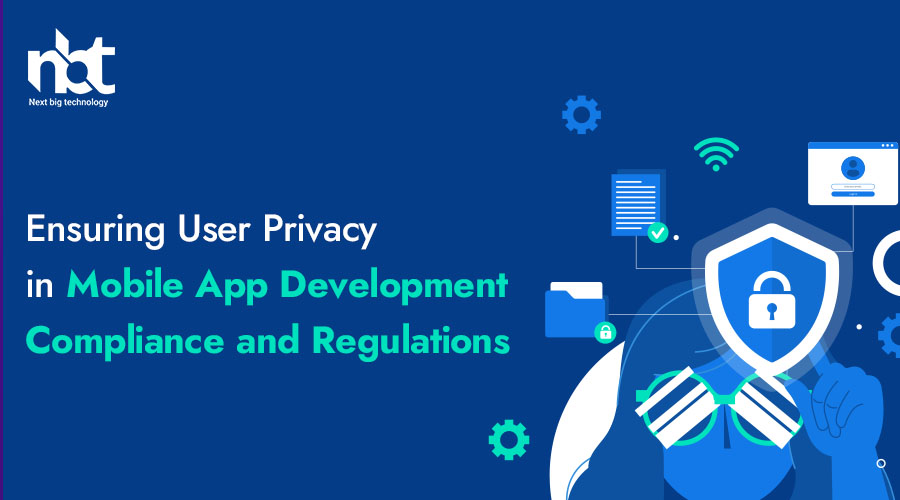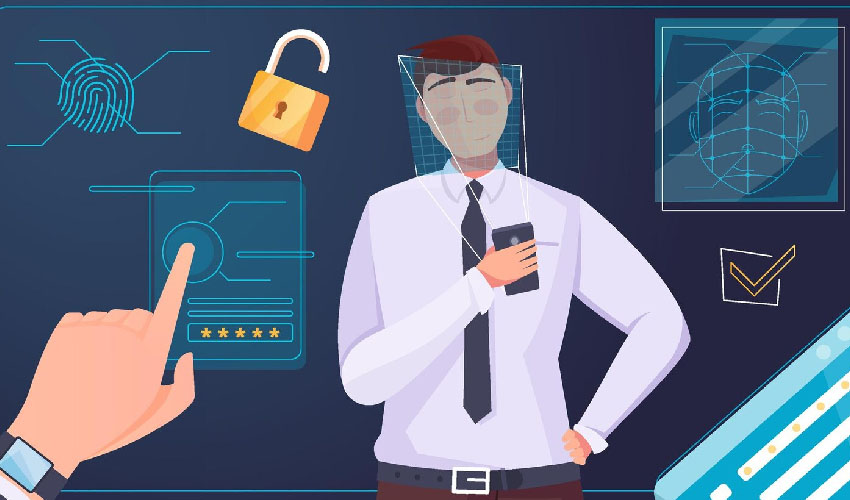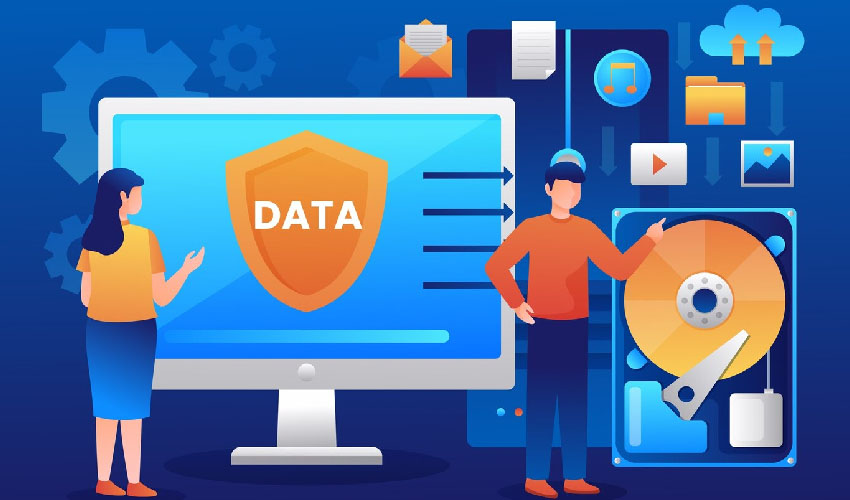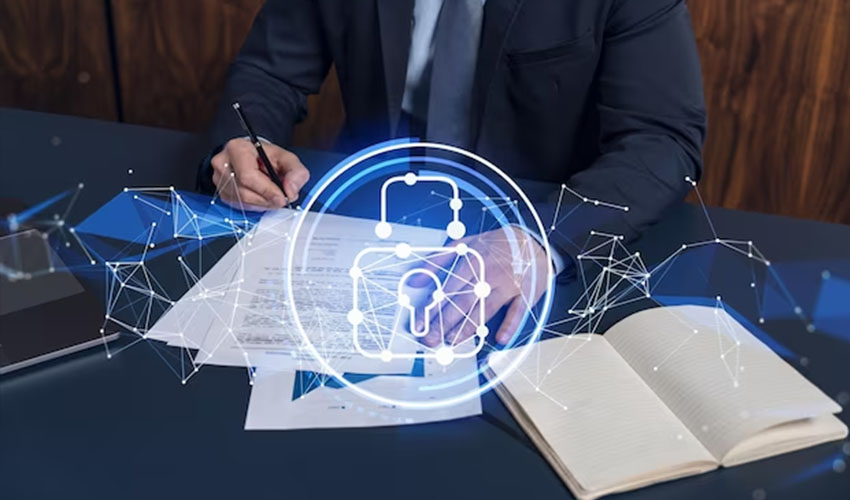Table of Contents
Introduction
Mobile app development has evolved into a robust industry, transforming the way we interact with technology. However, this rapid growth has brought forth concerns about user privacy. As users become more conscious of how their data is handled, developers must adopt strategies to build and maintain trust.
Importance of User Privacy in Mobile Apps
Building Trust with Users
User trust is the bedrock of successful mobile apps. When users feel confident that their data is handled responsibly, they are more likely to engage with and recommend an app. Prioritizing privacy is, therefore, a strategic move for long-term success.
Legal and Ethical Considerations
Beyond user trust, legal and ethical considerations demand the protection of user privacy. Various data protection laws and regulations set the framework for developers to adhere to, with severe penalties for non-compliance.
Data Protection Laws and Regulations
Navigating the landscape of data protection laws is crucial for developers. Regulations such as the General Data Protection Regulation (GDPR) in Europe and the California Consumer Privacy Act (CCPA) in the United States outline stringent requirements for handling user data.
Overview of GDPR, CCPA, and Other Relevant Regulations
GDPR places emphasis on user consent, data transparency, and the right to be forgotten. Similarly, CCPA grants users greater control over their data, allowing them to opt-out of the sale of their personal information.
Penalties for Non-Compliance
The consequences of non-compliance with these regulations can be severe, including hefty fines and damage to the reputation of the app and its developers.
Steps to Ensure User Privacy
Developers can take several proactive steps to ensure user privacy throughout the app’s lifecycle.
Transparent Privacy Policies
Providing clear and accessible privacy policies informs users about the data collected, how it’s used, and the measures in place to protect it.
Secure Data Storage and Transmission
Implementing robust security measures for storing and transmitting data is fundamental to preventing unauthorized access and data breaches.
Informed User Consent
Obtaining informed consent from users before collecting their data is a cornerstone of responsible app development.
Privacy by Design in Mobile App Development
Integrating privacy measures from the outset is known as Privacy by Design. This approach involves considering privacy at every stage of the development process.
Involving Users in the Design Process
Including users in the design process ensures that their privacy preferences are considered, fostering a collaborative and user-centric approach.
User Authentication and Authorization
Securing user accounts is a critical aspect of maintaining privacy.
Importance of Secure Login Mechanisms
Implementing secure login mechanisms, such as biometrics or strong passwords, adds an extra layer of protection.
Multi-Factor Authentication for Enhanced Security
Multi-factor authentication further fortifies user accounts, reducing the risk of unauthorized access.
Data Minimization and Retention Policies
Collecting only the data necessary for the app’s functionality and establishing clear data retention policies are essential practices.
Collecting Only Necessary Data
Limiting data collection to what is strictly necessary minimizes the potential impact of a data breach.
Establishing Clear Data Retention Periods
Setting clear timelines for data retention ensures that user data is not stored indefinitely, reducing privacy risks.
Secure Communication Channels
Protecting user communications within the app is crucial for preventing eavesdropping and unauthorized access.
Encrypting Data During Transmission
Encrypting data during transmission safeguards it from interception and ensures secure communication.
Protecting User Communications Within the App
Implementing end-to-end encryption for in-app communications adds an extra layer of security.
Regular Security Audits and Updates
Regularly auditing the app’s security and promptly addressing vulnerabilities through updates are proactive measures.
Conducting Periodic Security Audits
Scheduled security audits help identify and address potential vulnerabilities before they can be exploited.
Promptly Addressing Vulnerabilities Through Updates
Timely updates that address identified vulnerabilities demonstrate a commitment to ongoing security.
User Education on Privacy
Educating users on how their data is used and providing tips on protecting their privacy empowers them to make informed choices.
Providing Information on Data Usage
Clearly communicating how user data is utilized within the app enhances transparency.
Educating Users on Protecting Their Privacy
Guiding users on best practices for protecting their privacy outside the app fosters a sense of responsibility.
Challenges in Ensuring User Privacy
Balancing robust privacy measures with an optimal user experience poses challenges for developers.
Balancing User Experience with Privacy Measures
Striking the right balance ensures that privacy measures enhance, rather than hinder, the user experience.
Addressing Evolving Privacy Threats
Staying ahead of emerging privacy threats requires constant vigilance and adaptation.
Case Studies on Privacy Violations
Examining real-world examples highlights the consequences of privacy negligence.
Highlighting Real-World Examples
Case studies serve as cautionary tales, emphasizing the impact of privacy violations.
Emphasizing the Consequences of Negligence
Understanding the repercussions of privacy negligence reinforces the importance of proactive measures.
Collaboration with Regulatory Bodies
Collaborating with regulatory bodies fosters a cooperative approach to privacy compliance.
Working Closely with Authorities
Engaging with regulatory bodies ensures a clear understanding of compliance requirements.
Seeking Guidance on Compliance
Seeking guidance from regulatory bodies helps developers navigate the complexities of privacy regulations.
Future Trends in Mobile App Privacy
Anticipating future trends allows developers to stay ahead in safeguarding user privacy.
Emerging Technologies for Enhanced Privacy
Incorporating cutting-edge technologies enhances the security and privacy features of mobile apps.
Anticipating New Regulatory Developments
Staying informed about evolving regulations enables developers to adapt proactively to compliance changes.
Conclusion
In a landscape where user data is increasingly valuable and vulnerable, prioritizing user privacy is not just a legal obligation but a strategic imperative. By adhering to data protection laws, implementing Privacy by Design principles, and staying ahead of emerging threats, developers can build trust, foster user loyalty, and ensure the long-term success of their mobile apps.
Thanks for reading our post “Ensuring User Privacy in Mobile App Development: Compliance and Regulations”. Please connect with us to know more about Ensuring User Privacy in Mobile App Development.
















